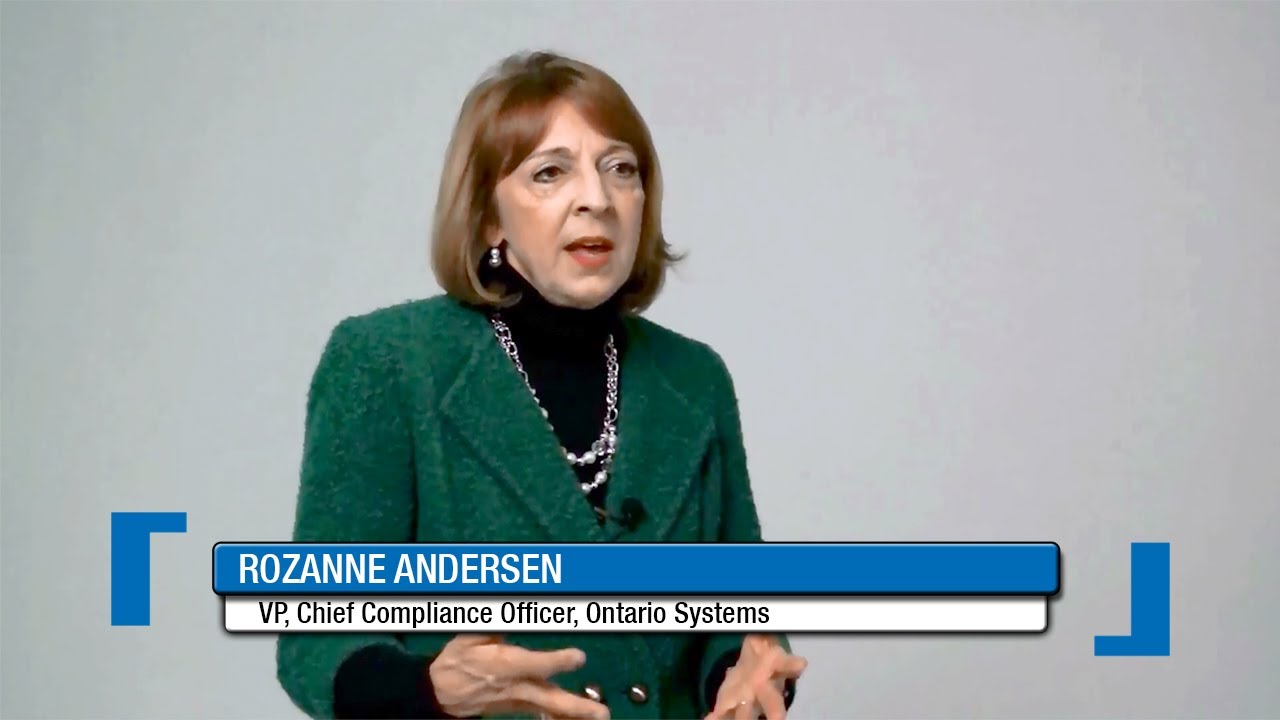The GOP’s new nightmare is called Leandra English. She’s the former serving Consumer Financial Protection Bureau (CFPB) chief of staff who was elevated as Deputy Director and is now fighting for her position as Acting Director after Richard Cordray’s exit.
But the same day that English was promoted, President Trump quickly put in his pick – Mick Mulvaney, Director of the Office of Management and Budget – as Interim Director.
A legal battle ensued, with English taking the first shot and filing for a TRO, a temporary restraining order, against Trump’s appointment of Mulvaney.
Last week, U.S. District Judge Timothy Kelly of the District of Columbia rejected the request for a TRO.
The second attempt was expected to come on Wednesday in the form of a motion for a preliminary injunction. The Wednesday deadline was set by Judge Kelly, who has asked the Justice Department to respond to English’s planned request by December 18. A hearing has been scheduled for the morning of December 22.
Amicus briefs from English to support her case for the acting directorship will be due this Friday, while those of the Justice Department will fall due on December 18.
In the midst of this legal melee, the new rules for debt collection appear to be at stake.
According to an emailed response from Rozanne Andersen, VP and and Chief Compliance Officer of Ontario Systems, English losing the lawsuit could have a negative impact on the proposed rules.

“I doubt the new rules will see the light of day. Mulvaney has been a very vocal opponent of the CFPB both in terms of its purpose and its structure and I highly doubt he will want to be associated with increased regulation.”
We also asked Ms. Andersen the following question:
With the Republicans already calling for the CFPB to be disbanded and an overwhelming majority vote earlier this year by the House’s 234 Republicans to reduce its level of control, it’s clear that Cordray’s exit spells doom for the CFPB. What are your thoughts on that?
“My answer pivots on the definition of doom. I doubt the CFPB will be entirely unraveled either in the short run or the long. Both Republicans and Democrats have constituents to answer to and any move to completely deregulate the credit and collection industry could spell political suicide. However, I do expect the CFPB’s control will be modified. I think there is an appetite on Capitol Hill to seat a five person commission to direct the actions and decisions of the CFPB rather than a single director.”
In closing, Ms. Andersen also had this advice for industry decision makers and compliance professionals:
“You have less than 12 months to effect positive change. The interim elections next November could upset the makeup of Congress to the detriment of Republicans. As I explained last fall, my best advice is to not focus advocacy efforts on the CFPB; rather focus your advocacy efforts on those members of Congress who support small business, deregulation and free enterprise. Help them understand why more regulation, and in particular regulation that does not bring crystal clear guidance to the FDCPA is pointless, costly and the end of collections as we know it.”
+++ + +++



